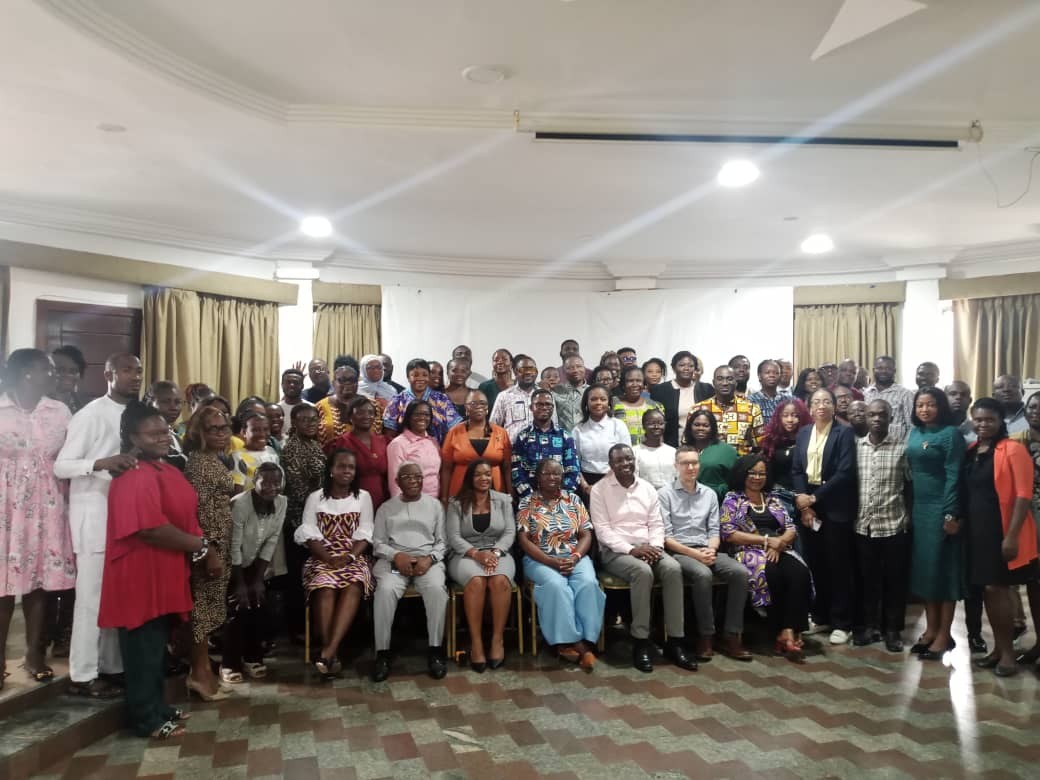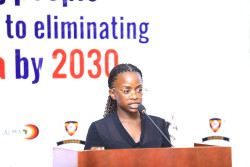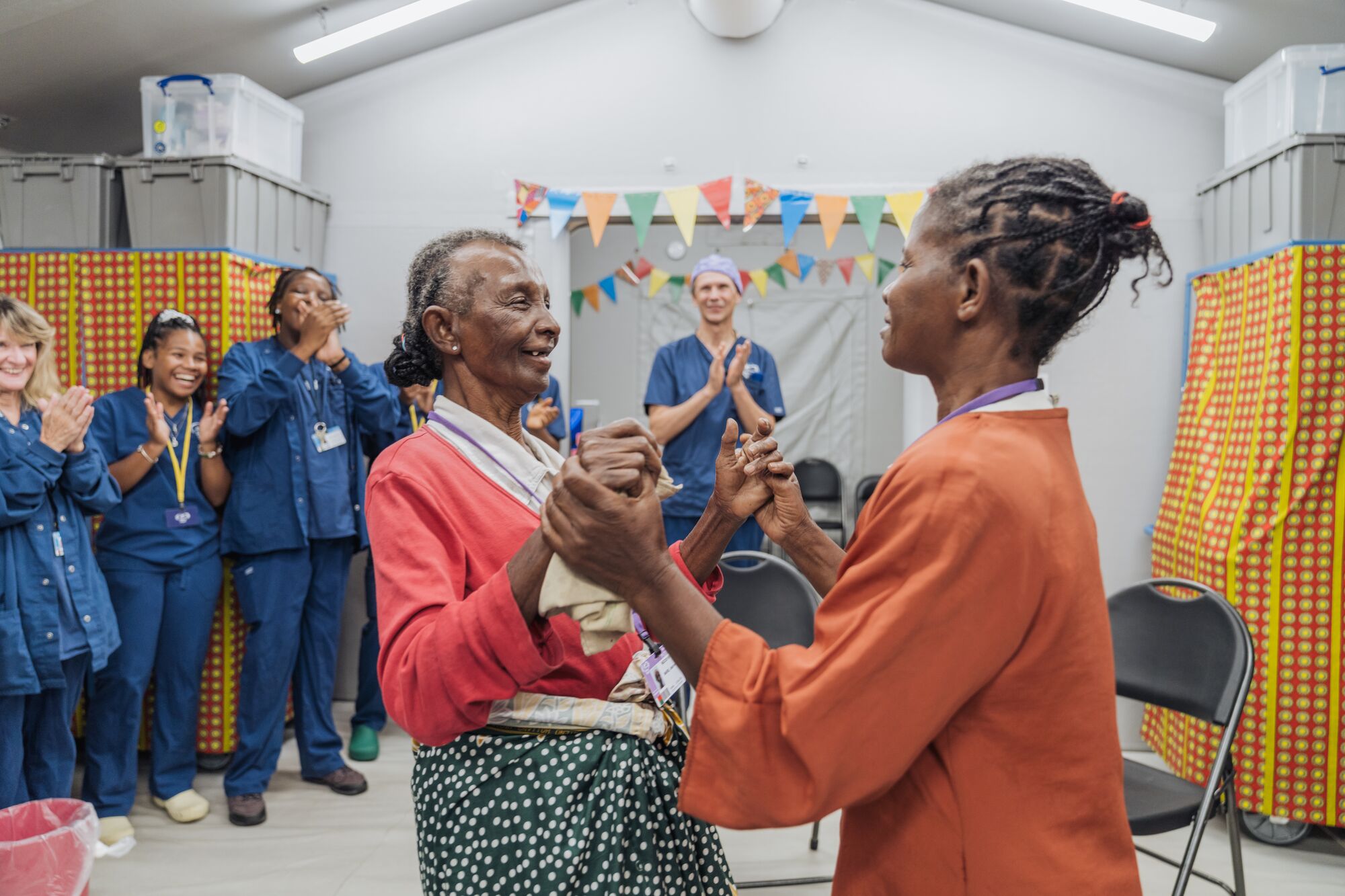The Community-Led Responsive and Effective Urban Health Systems (CHORUS) consortium has called for increased attention to Community-based Health Planning and Services (CHPS) compounds in underserved urban areas, stressing their potential to improve health outcomes in Ghana’s growing poor urban communities.
Although CHPS compounds have shown significant success in improving healthcare access in rural areas, CHORUS says their benefits remain underutilized in urban settings, where multiple barriers hinder their effectiveness.
Speaking at a media capacity-building workshop and stakeholders’ forum in Accra, Professor Irene Agyepong, Chief Executive Officer of CHORUS, noted that urban residents often rely on pharmacy shops, maternity homes, and private clinics due to limited awareness and accessibility of CHPS services.
“Pharmacies and drug stores are the most common first point of care, while CHPS is the least utilized,” Prof. Agyepong revealed, citing findings from the CHORUS Phase I and II projects.
She said high population density and infrastructural constraints in urban areas make it difficult to establish and sustain CHPS compounds, despite their proven impact in rural settings where formal health facilities are scarce.
Challenges Facing Urban CHPS Implementation
Key findings from the CHORUS research conducted in four municipalities—La-Nkwantanang Madina, Ashaiman, Ayawaso East, and Ayawaso North—revealed that pharmacies and drug stores are the most common first point of care, while CHPS compounds are rarely used; public awareness of CHPS is mostly limited to child welfare services, with little knowledge of its preventive and promotive functions, especially in relation to non-communicable diseases (NCDs); only 19.8% of households reported receiving home visits from Community Health Officers (CHOs) or Community Health Nurses (CHNs) within the past six months; and CHOs and CHNs lack adequate logistics and require further training, particularly in NCDs, mental health, and family planning.
Despite these gaps, Prof. Agyepong expressed optimism, stating that with targeted investment, logistics support, community engagement, and intensive public education, Ghana can extend the success of rural CHPS models to urban environments.
Call for Media and Stakeholder Support
Prof. Agyepong also underscored the crucial role of the media in raising public awareness and shaping health behaviour in urban areas.
“The media plays a key role in bridging the gap between communities, government, and researchers. You help translate technical findings into messages citizens can understand and act on,” she said.
She commended the media for their continued support since the inception of the CHORUS project and encouraged further collaboration to advance urban health initiatives.
About CHORUS
CHORUS is a six-year international research consortium funded by UK Aid and implemented in Ghana, Nigeria, Bangladesh, and Nepal. In Ghana, the project is led by the University of Ghana School of Public Health and aims to strengthen the links between communities, local governments, and health systems to improve health outcomes in urban poor communities.
CHORUS’s key partners include the Ark Foundation, London School of Hygiene and Tropical Medicine, BRAC University, HERD International, the University of York, and the University of Leeds. The project, which began in 2020, is expected to conclude in 2026.
By Margaret Esaah Boakye
Share Us



